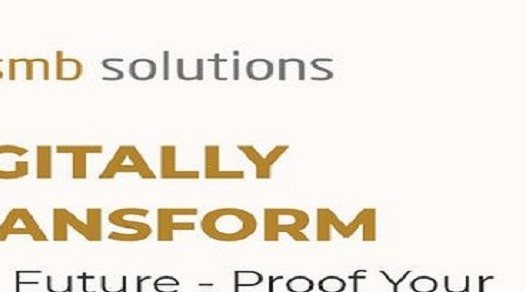What Is ERP System Accounting?
If you're a business owner, chances are you've heard of enterprise resource planning (ERP) system accounting and Quickbooks integration. But what do these terms mean, and which is best for your business? In this blog post, we'll explore the differences between ERP Systems and Quickbooks, as well as discuss the benefits of integrating them in order to make informed decisions about which one is right for your company.
What Is ERP System Accounting? An ERP system is an integrated platform that centralizes all of a business’s financial data into one place. This allows companies to manage their finances more efficiently by giving them access to real-time data on sales, purchases, inventory, customer accounts, and more. An ERP system also automates manual processes like invoicing, making it easier for businesses to stay on top of their finances.
What Is Quickbooks Integration? Quickbooks is an accounting software program created by Intuit that helps businesses track income and expenses with ease. It can be integrated with other software programs such as an ERP system in order to streamline processes and provide users with a comprehensive view of their financial data. By combining the power of Quickbooks with an ERP system, businesses can improve accuracy while reducing time spent manually entering data into multiple systems.
Difference Between Quickbooks And ERP Systems The primary difference between an ERP system and Quickbooks is that the former provides a comprehensive view of all financial information while the latter focuses solely on accounting processes such as invoicing, bill payments, payroll processing, tax filing, etc. An ERP system can integrate with other applications like Quickbooks in order to offer additional functionality or features not available in either program individually. This makes it possible for businesses to leverage both platforms in order to maximize efficiency and minimize errors when managing their finances.
Conclusion: When it comes to managing your business's finances effectively, there are several options available; however, choosing between enterprise resource planning (ERP) systems and QuickBooks integration may seem intimidating at first glance. But understanding the differences between these two solutions will help you make an informed decision about which one is best for your company's needs. By leveraging both platforms together—an ERP system for comprehensive financial reporting and QuickBooks integration for automated accounting processes—businesses can maximize efficiency while minimizing errors when it comes to managing their finances effectively. With this combination of tools at your disposal, you can rest assured knowing that your company's financial data is organized correctly and up-to-date!

